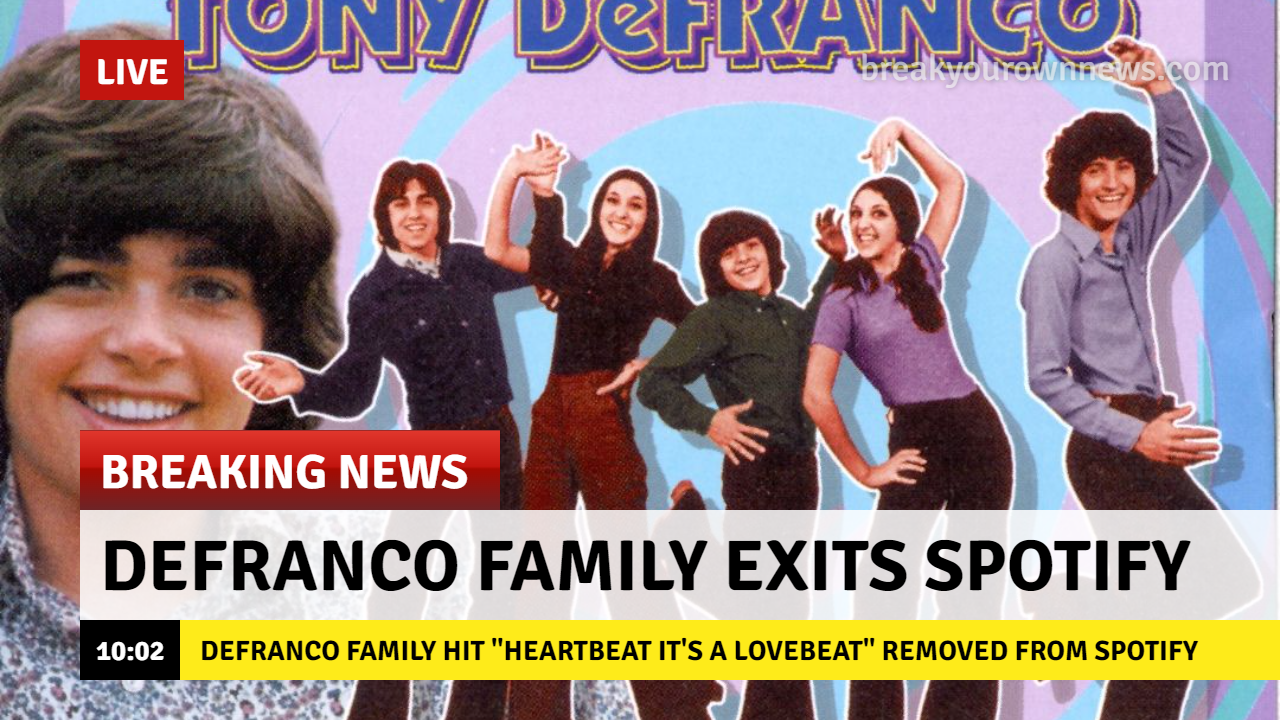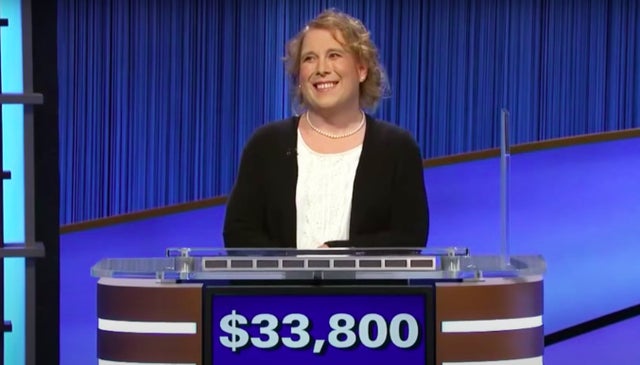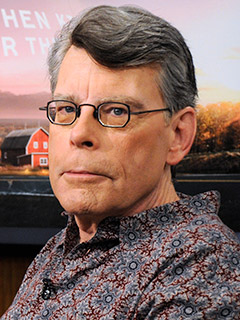From his hospital bed, 23-year-old Richard Villaroel, one of the trapped miners, said the idea of cannibalism was an unspoken horror looming over the 33 miners during their first 17 days in captivity, as squabbles broke out, food rations dwindled and they still had no word from the outside world.
Villaroel described an atmosphere of extreme despair, with some men working feverishly to find a way out, and others refusing to get out of bed, resigned to waiting for death. He said he lost 26 pounds, eating just a spoonful of tuna every 48 hours and drinking polluted water.
“It had a bad taste,” Villaroel said. “It had lots of oil, from the machines, but you had to drink it.”
After 17 days, rescuers broke through to the miners’ chamber. “It was a huge happiness for us all,” he was quoted as saying. “With so much adrenaline in that moment, we could not think.” Once the miners realized they might survive, they signed a “blood pact” to never reveal what happened during those 17 horrible days, Villaroel said.
Above ground, the miners have agreed to split any profits from their ordeal evenly . But a few of them, like Villaroel, have already given interviews from their hospital beds, though it’s unclear whether they were paid.
Villaroel’s comments aren’t the first about disagreements that broke out among the miners in those first harrowing days trapped more than 2,000 feet underground. Miner Juan Illanes, one of those released from the hospital today, told NBC News that those early days after the cave-in took him “to the limit.”


